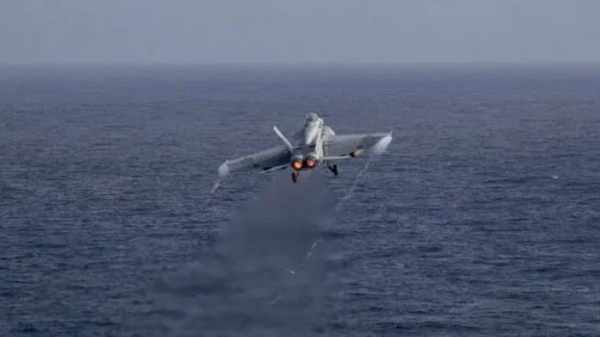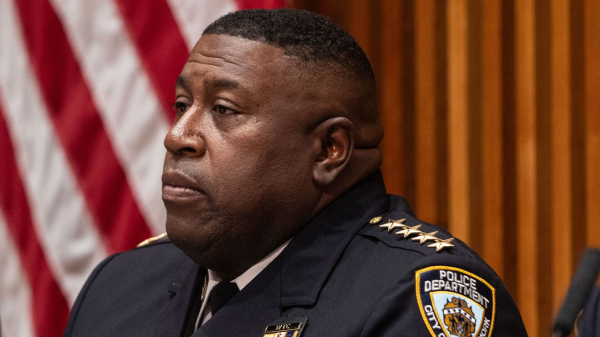
The Biden administration announced Friday its decision to withdraw a $10 million reward previously offered for the capture of Ahmad al-Sharaa, leader of the Syrian rebel group Hayat Tahrir al-Sham (HTS), whose forces recently played a pivotal role in ousting President Bashar al-Assad.
This major policy shift comes on the heels of a groundbreaking meeting in Damascus between al-Sharaa and Barbara Leaf, the top U.S. diplomat for the Middle East. Leaf led the first American diplomatic delegation to Syria since the U.S. embassy in Damascus closed in 2012.
HTS leader renounces terrorism, U.S. takes cautious steps
Al-Sharaa, formerly aligned with al-Qaida, reportedly committed to renouncing terrorism during discussions with Leaf. Despite HTS being designated a foreign terrorist organization, Leaf explained the rationale behind the decision to drop the bounty:
“We discussed the critical need to ensure terrorist groups cannot pose a threat inside Syria or externally, including to the U.S. and our partners in the region,” Leaf said in a press briefing from Jordan following her visit to Syria. “Based on our discussion, I told him that we would not be pursuing the Rewards for Justice reward offered.”
While the U.S. welcomed al-Sharaa’s public statements supporting minority and women’s rights, Leaf expressed skepticism about his long-term commitment. “He came across as pragmatic,” she noted. “It was a good first meeting. We will judge by deeds, not just by words.”
Search for missing journalist Austin Tice intensifies
The U.S. delegation’s visit also aimed to push for an inclusive Syrian government and gather information about missing American journalist Austin Tice. Tice, whose reporting has appeared in The Washington Post and McClatchy, disappeared near Damascus in 2012. A video released weeks later showed him blindfolded and held by armed men, but his fate remains unknown.
Roger Carstens, the Biden administration’s chief envoy for hostage negotiations, vowed to continue efforts to locate Tice. “We’re going to be like bulldogs on this,” Carstens said, adding that investigations would focus on up to 40 sites where Tice might have been held.
U.S. military presence in Syria expands amid IS threats
As diplomatic efforts unfolded, the U.S. military conducted airstrikes in northeastern Syria, targeting Islamic State (IS) militants in an effort to prevent the group from exploiting the country’s instability. The Pentagon also revealed that the U.S. had recently doubled its troop presence in Syria to approximately 2,000 personnel to combat IS and support Kurdish forces managing over 8,000 IS detainees.
Diplomatic recognition remains uncertain
Despite the historic visit, U.S. officials clarified that reopening the U.S. embassy in Damascus remains off the table for now. The embassy remains under the protection of the Czech government, and future decisions on diplomatic recognition will depend on the intentions and actions of Syria’s new leadership.
This latest diplomatic engagement marks a cautious but significant step in U.S.-Syria relations as Washington navigates a complex landscape of political, humanitarian, and security challenges in the region.

















































